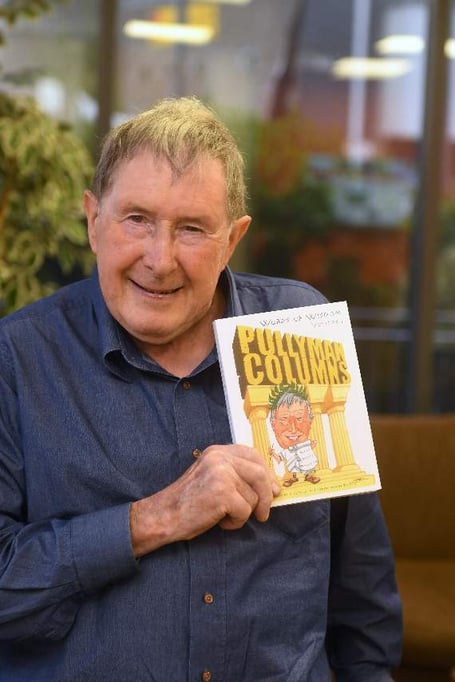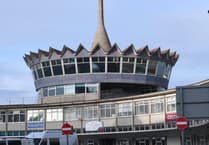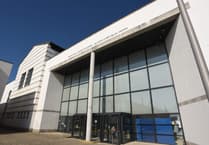Once upon a time, I had a good memory.
At least that’s what I’ve been told.
It always surprises me as we drive around the island just how much is younger than me.
Can you remember all of the development that has transformed the landscape on the Peel side of the New Castletown Road? I can.
Can you remember all the fields and farms that became business parks and industrial estates that you can now find around every corner?
I can, and so it goes on.
Time really does change everything, and not always for the best.
But that is all a matter of opinion. When the subject crops up in the pub, it usually inspires lively comment and there are as many examples of that as there are opinions.
But it’s not just development that people remember. For example, take sliced bread.
This everyday item is often used as a guide or a milestone to some important date or occasion. I’m sure that we all have used the phrase ’the best thing since sliced bread’.
But can you remember when you first saw sliced bread? Yes, you’ve guessed, I can!
When the new Pulrose shops were built, in the late 1940s as I recall, there was a chemist, run by Mr Corris, Mr Quine the grocer, the post office, run by one Mr Renshaw and a bakery, run by a chap called Bert Winckle.
And guess what? On the shelf, behind the counter, there was a machine that would slice bread. One loaf at a time by request.
Are you a re-cycler?
As a household of two, we don’t really have all that much rubbish to worry about.
But on the other hand, Grandmother Cowin, who lived in Shaw’s Brow, always did her bit to save the planet.
Although to be fair, in her case, the planet was of little concern. She was more interested in things that she could re-use and help the family budget.
I remember her sitting beside the old black cooking range.
If she had an old cardigan that had been worn well past its lifetime, she would un-knit it and use the wool again. Socks would be darned and holes would be patched.
And there really was a rag and bone man complete with horse and cart. He would roam the streets and take away anything that was offered.
Everything had a value and the few pennies that changed hands would soon be spent in the sweet shop.
I remember the milkman and his horse-drawn milk float.
In the days before glass bottles, he was a daily caller with his tall milk churns and his long handled dipper. This was a half pint measure that he would use to fill the householder’s jug.
I make no apologies when I tell you that the horse’s name was Dolly, the milkman was Mr Winstanley and the period of time I’m referring to are the late 1940s.
I can remember when the Saturday afternoon pictures cost sixpence. In the sweet shop you could buy aniseed balls and gobstoppers.
The bus into Douglas cost one penny, and a bag of chips and peas was 6d.
On Friday and Saturday, Clague’s tripe shop had a queue running out of the door and onto the street. They were always busy, but I don’t remember them ever running out of stock.
I remember waiting in Tommy Reed’s barbers shop for a haircut and I remember being allowed to walk down the pier to watch the Steam Packet boat being tied up and then scrounge a ride on the ferry across to the Battery pier.
And I can also remember what life was like before I had Parkinson’s.
But hey ho.





Comments
This article has no comments yet. Be the first to leave a comment.